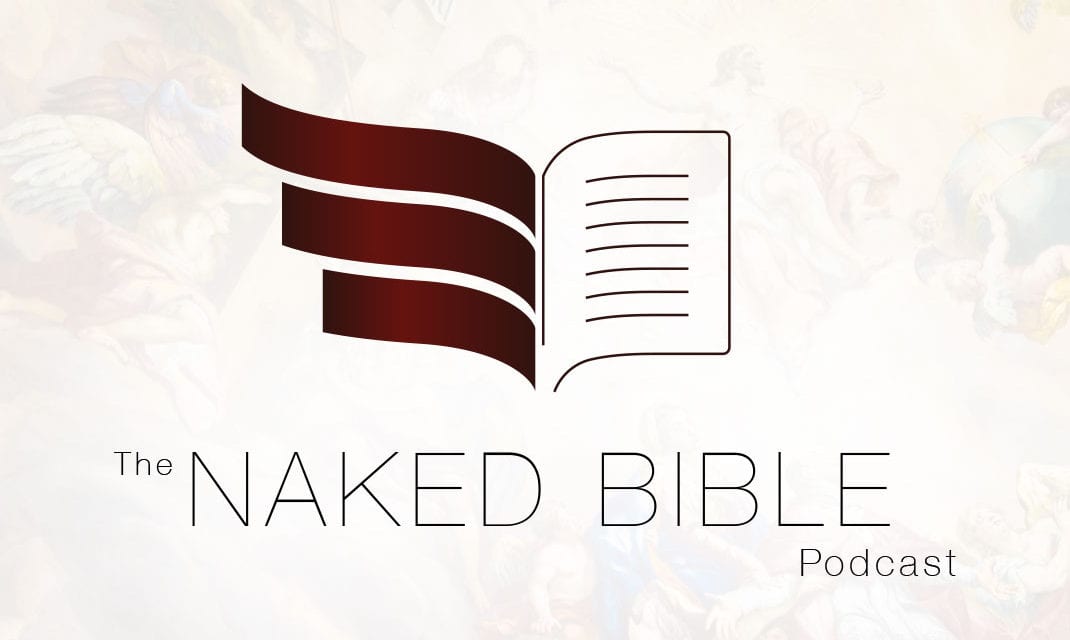Ezekiel 32 is a lament for the empire of Egypt, whose hubris was compared to a rebellious divine council member in the previous chapter (one of the “trees” of God’s garden in Lebanon/Eden). This episode focuses on two items in the chapter. Early in the chapter, the prophet casts pharaoh as both a sea dragon and a lion, two seemingly incompatible metaphors. Is this a mistake or is it meaningful? This episode also discusses whether Ezekiel 32:21-28 has anything to do with the origin of demons as the disembodied spirits of the giants.
The episode is now live.





Dear Mike,
With respect to Genesis 6 and the Watchers, is it true that the “location” of their descent happens only on Mount Hermon? How would you relate to the current research that the Garden of Eden could be located somewhere in the Persian Gulf (if we were to pinpoint the four rivers from Genesis 2 and look at the data from archeologist Jeffrey Rose about a human civilization in that region ~40,000 years ago near the end of the last ice age)? Are there multiple locations (or mountains), if we were to take into account the “location” of Noah within the region of the Arabian peninsula, that these Watchers descend down to? Or is it just Hermon?
I’m not sure I see the correlation of the things named here, but I’ll presume it’s about how Hermon is connected to Eden in Ezek 32.
Only Gen gives us actual geography (at least potentially, since two of the rivers are known for sure) with respect to Eden. Other references to “Eden” = cosmic mountain idea. Eden as place with latitude and longitude is quite different than Eden as cosmic mountain (though the two are related because the cosmic mountains were thought to be actual mountains.
It is precisely for this reason (the “confusion” between the two that you note) that we may be wise to not situate Eden at the Persian Gulf or anywhere else, settling instead for the term denoting some place that God was encountered / that was thought to be where God could be found.
Or, one could say that the “original Eden” (God’s original home on earth) had geography — Persian Gulf area. The fall occurs there. Then the “next Eden” (Hermon — the next place Yahweh was thought to dwell) was the scene of another rebellion (Watchers, Gen 6). That place (the forest, great tree metaphor) became thereafter associated with the divine rebellion of the Watchers. God’s abode then “moved” (various places of divine encounter in Genesis, for example), finally becoming Sinai (and that would change again).
Point: All places where God dwells on earth = “Eden” in the conceptual sense.
I’m not sure that answers your question. I’d recommend reading Lipinski’s article that I referenced on the episode.
“It is precisely for this reason (the “confusion” between the two that you note) that we may be wise to not situate Eden at the Persian Gulf or anywhere else, settling instead for the term denoting some place that God was encountered / that was thought to be where God could be found.”
A bit confused here, Eden would have to be at *some* location wouldn’t it? Humans had to begin somewhere.